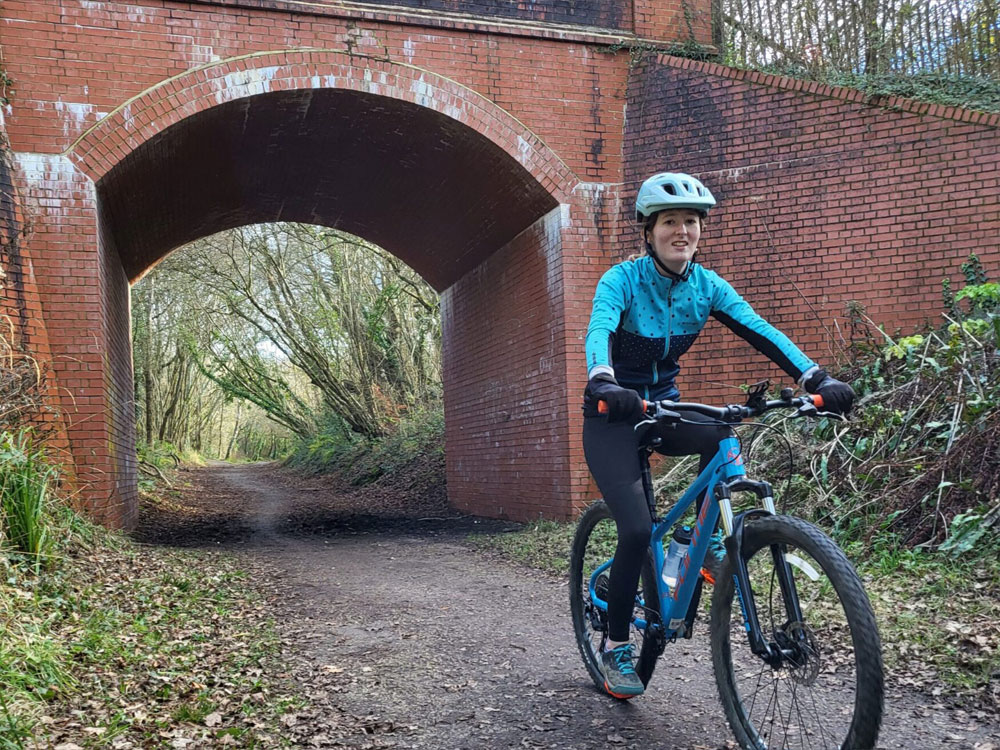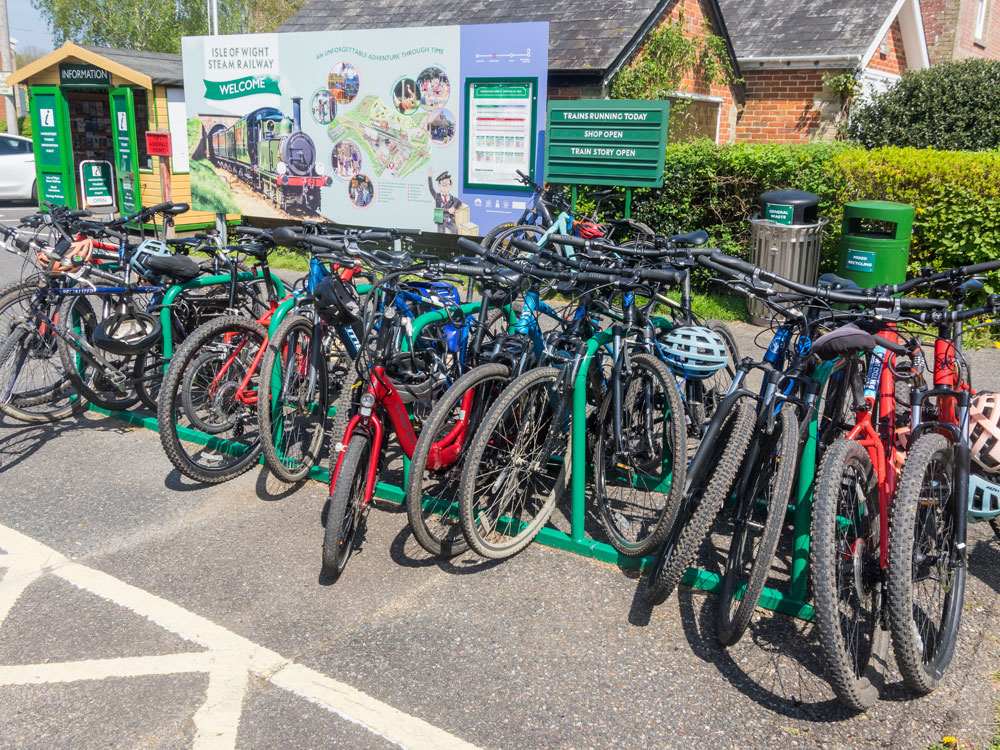Our Environmental Commitment
We recognise that as an organisation we burn fossil fuel; it is increasingly important to understand that this has an environmental impact and to do our best to mitigate the unavoidable effects of maintaining our unique slice of social history.
We’re working hard to make ourselves a positive contributor towards maintaining and improving the environment, both in terms of how we manage the land we are the custodians of, and how our choices and behaviours as an organisation impact the wider environment.
Every team across our organisation has a role to play in reducing our impact, from the train crews improving coal efficiency, to the estates and lineside teams responsibly and sustainably managing our site, right through to the retail and catering teams using sustainable packaging, reusable cutlery and crockery, and biodegradable takeaway containers.
Renewables
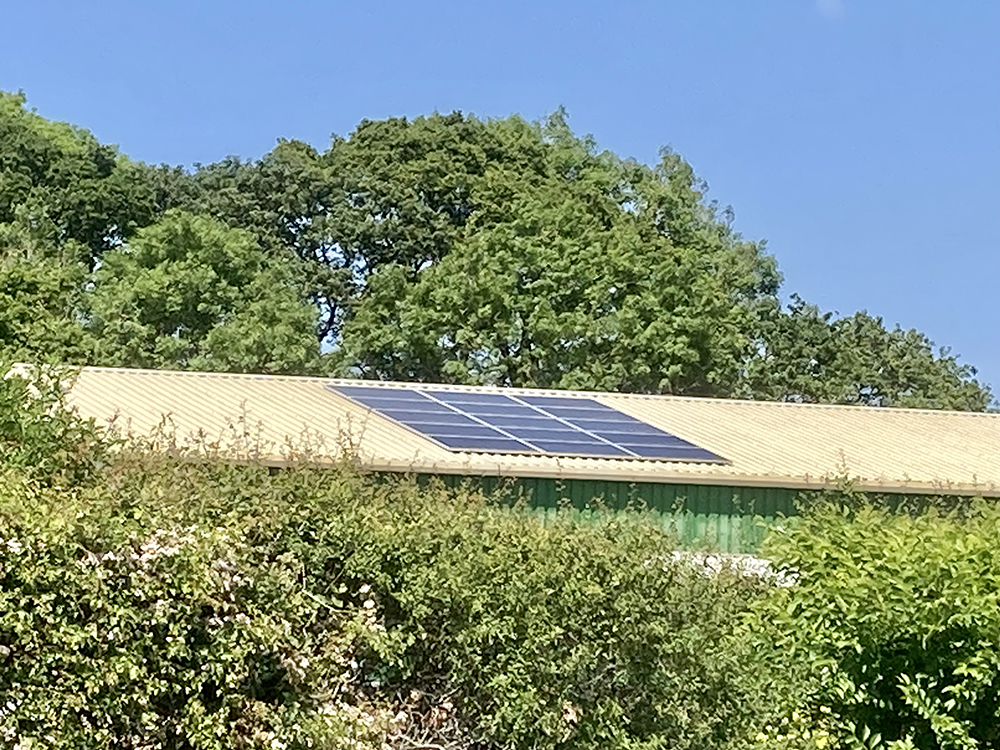
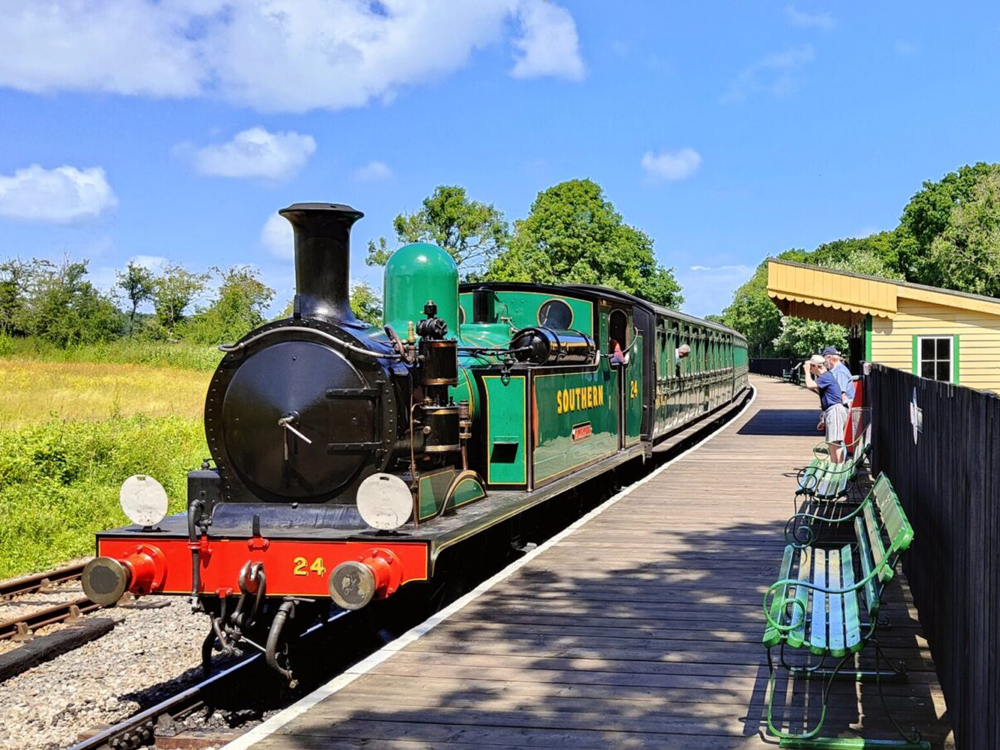
Energy & Carbon Efficiency
We’ve worked closely with our train driving crews to ensure we fire our locomotives as efficiently as possible. Burning less coal not only lowers our operating costs, but also lowers our environmental impact, and firing our locos as cleanly as possible makes a big contribution towards this. We take care to design our running schedule to make sure we’re not running trains or moving rolling stock when we don’t need to. Alternative fuels for heritage steam locomotives are being researched and developed, and we have trialled these in the past but at present none can completely replace the need for coal.
Some of our workshops and other indoor spaces are large, and we work hard to minimise energy use by keeping doors closed in cold weather, and only heating spaces while they’re in use, and we’ve recently upgraded the customer serve fridges in our cafes to more efficient models with doors to save energy.
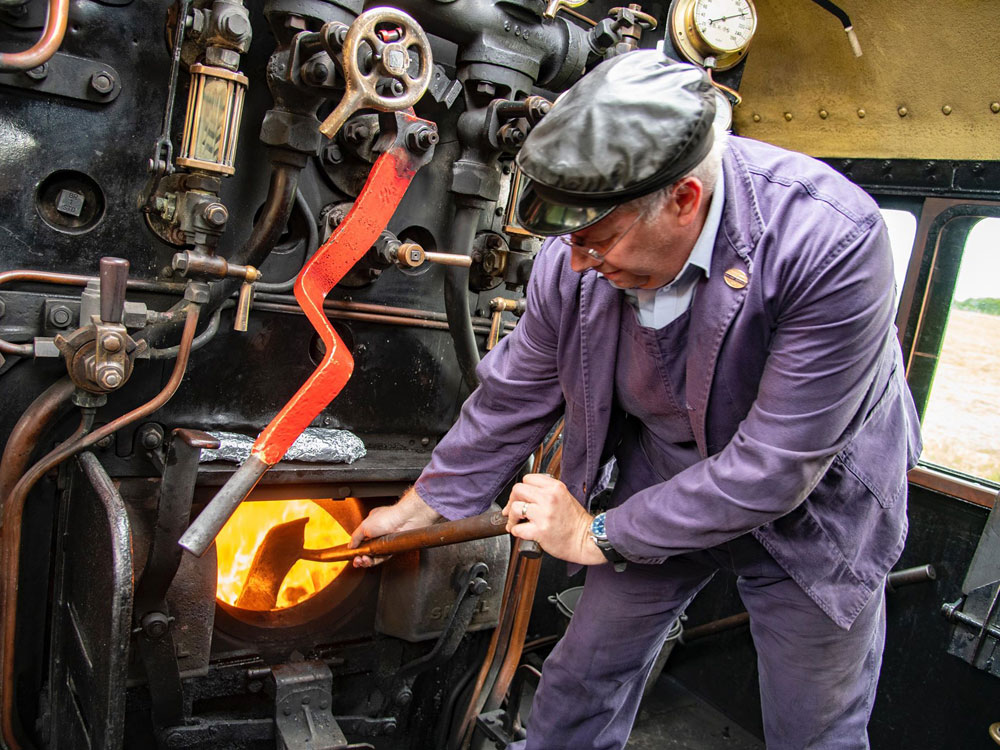
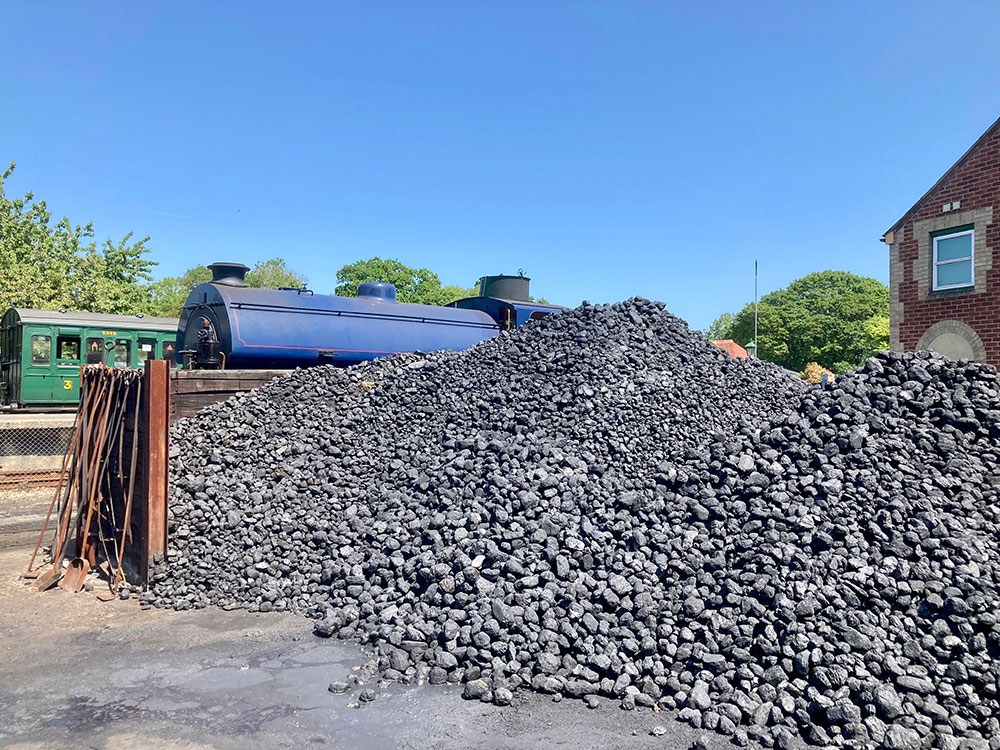
Recycling
You’ll notice all bins on site are clearly marked to aid us in separating our waste to maximise what we can recycle. Please use the correct bin if you have anything to throw away during your visit!
Heritage areas of our site use different styles of bin to remain unobtrusive, but they are still labelled to aid waste separation and recycling.
We’re also switching to recycled materials as much as possible across the site and we hope to soon start trialling some PPE manufactured from recycled materials.

Woodland & Ecosystem Management
Much of our site and lineside is unspoilt woodland, and a significant portion of this is designated as a Site of Special Scientific Interest (SSSI). We have a very important duty of care over the SSSI area and woodland, and have a robust Woodland Management Plan in place which enables us to care for this important natural asset. Woodland ecosystems often face challenges due to invasive diseases or species which can be further exacerbated by climate change; problems such as Ash Dieback are examples of this, and we are working to minimise the impact of these issues.
Lineside safety is central to our ecosystem management activities, and we give much consideration towards maintaining our lineside so it is safe for our trains to run and the risk of lineside fires is minimised, whilst letting as much of this area as possible grow and develop naturally.
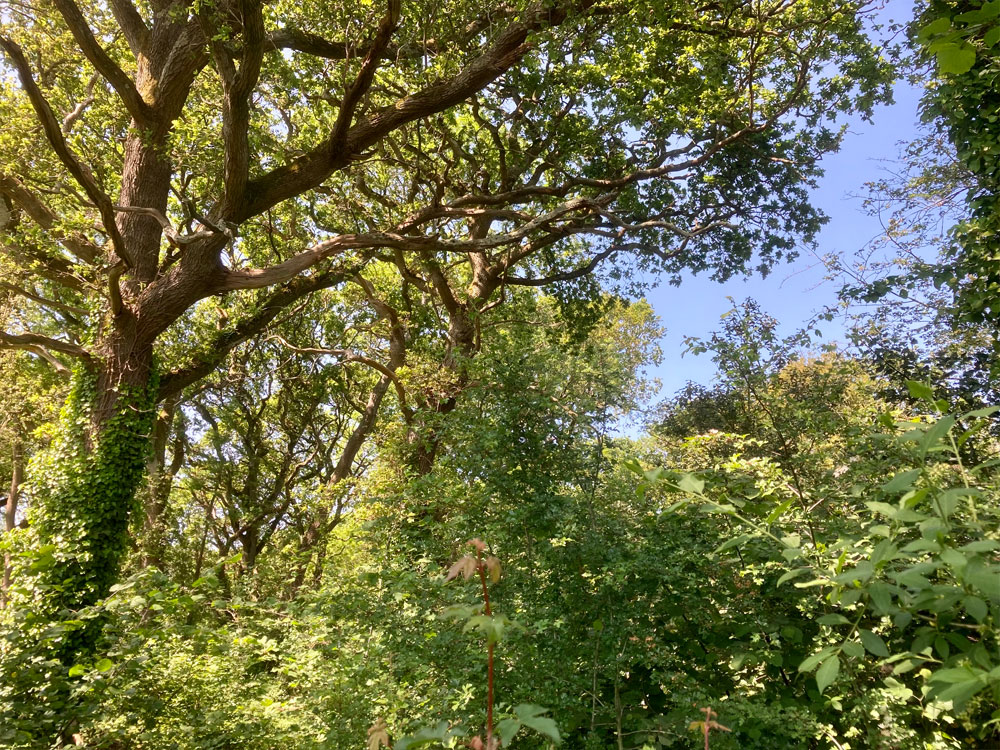
Wildlife
The woods and farmland around our line is home to a large amount of wildlife, and we manage our land as responsibly as possible to ensure this habitat is maintained. Lineside clearance crews often leave cleared timber in stacks which provide an important habitat for mosses, lichens, and fungi, as well as many insects. When riding our trains you can look out for red squirrels, birds of prey, rabbits, and even the occasional fox or badger if you’re taking an evening special.
We have also joined forces with local beekeepers to found an Isle of Wight Steam Railway Apiary, with the eventual aim of hosting several hives each home to up to 60000 bees. We hope to be able to designate some land for wildflower meadows, which with the help of our bees should become fantastic habitat for a wide range of insects, birds, and other species, as well as looking beautiful and providing us with some delicious honey.
Our younger volunteers in Calbourne Club have worked hard on creating more homes for wildlife by installing bird boxes, red squirrel boxes, and bug hotels, as well as planting an insect friendly garden area, and a rock ‘wall’ to encourage more wildlife.
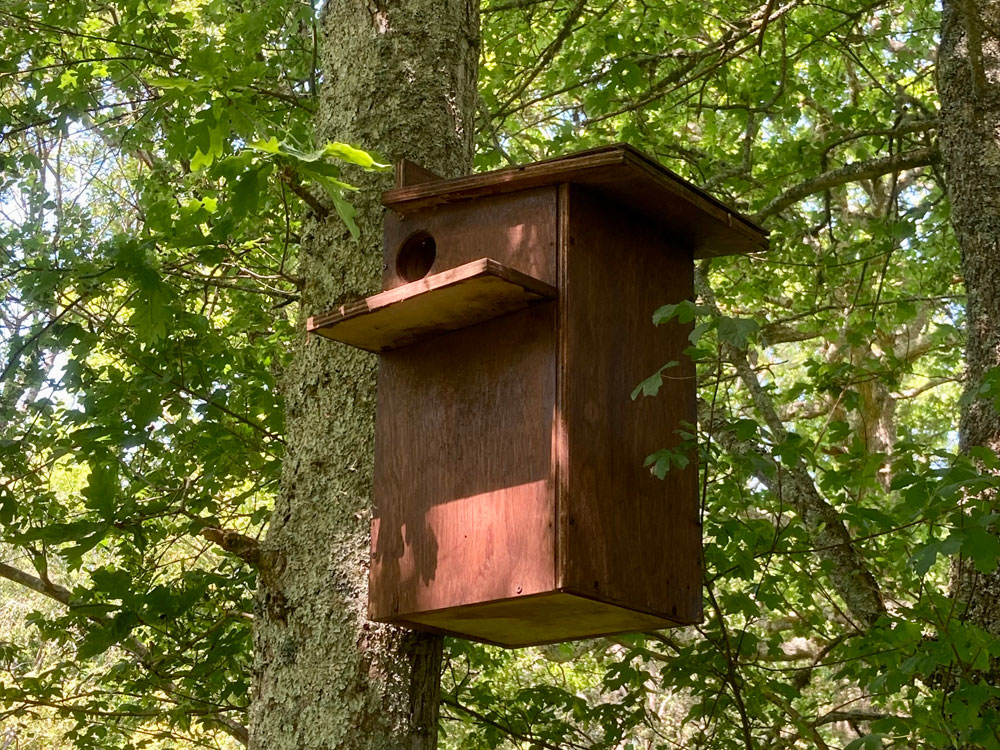
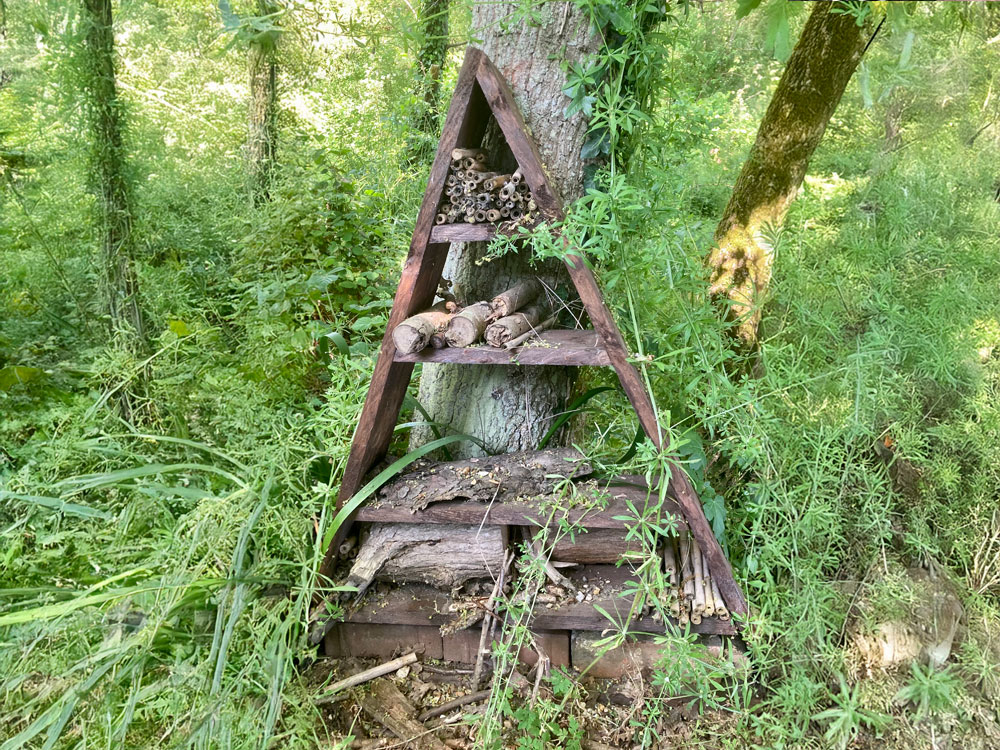
Sustainable Travel
We encourage our visitors to arrive at the railway via public transport wherever possible, and although sadly we don’t have public transport links to our Havenstreet station, visitors can arrive by Southern Vectis bus to our Wootton station, and we connect with Island Line at Smallbrook Junction. Through-tickets including cross-Solent travel with Hovertravel are also available.
Our Havenstreet car park offers EV charging points, and a bike rack for secure cycle storage.
We also offer a number of suggested cycle trails and walking routes from the railway. Click for CYCLE TRAILS and WALKS.
